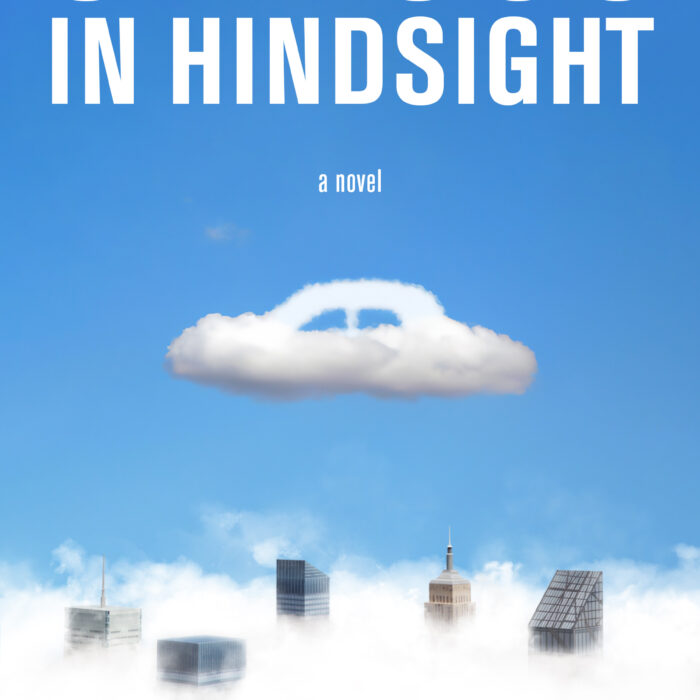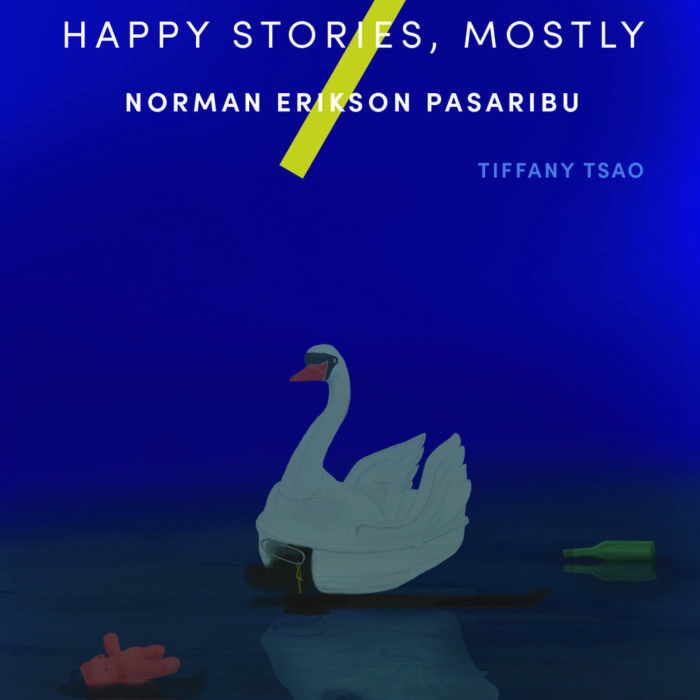You have no items in your cart. Want to get some nice things?
Go shopping
In this special Q&A, Russ Litten, the author of our first Book Club pick Swear Down, introduces himself and his book.
Russ has written for television, radio and film, and his first novel Scream If You Want To Go Faster was published by William Heinemann in January 2011. He lives with his family in Kingston Upon Hull and runs creative writing workshops for prisoners. He can be found on Twitter @RussLitten.
Swear Down will be published by Tindal Street Press in April 2013, but our Book Club members will be given exclusive access to the novel in the weeks leading up to its official release.
To find out more about the Book Club and our Membership Platform, click here now.
 Tell us a bit about yourself. How long have you been a writer, why do you write the things you do and what is your life like when you’re not writing?
Tell us a bit about yourself. How long have you been a writer, why do you write the things you do and what is your life like when you’re not writing?
I’ve been writing since the age of seven when I had my first short story published in the local newspaper. It was a Christmas story about an angel who lost his halo. After leaving school I joined a band as a bass player and lyric writer and travelled the UK in a van. After that I went to live in Prague, where I taught English. At the turn of the century I came home and became a freelance writer. Since then I have written stuff for magazines, newspapers, radio, film and TV. I have written commercials and short stories, plays, comedy sketches and feature length films, all to varying degrees of success. My first novel Scream If You Want To Go Faster was published in 2011. Swear Down is my second book.
I’m not entirely sure why I write the things I do. I am endlessly fascinated by the human condition, the joy and wonder at the heart of its existence and also all the trouble it seems to cause. Writing seems like the best way to try and make sense of this. It also helps to calm me down.
When I’m not working I like to play the bass guitar. I occasionally go running around my local park in a vain attempt to stave off death.
What is Swear Down about?
Swear Down is about two people who find themselves backed into a corner. It’s about friendship and loyalty and also the responsibility of having kids. I didn’t realise this until I was halfway through writing the book.
Why did you decide you wanted to write the novel, and where did the inspiration for Swear Down come from?
I had a small scene sketched out that involved a teenager and an old man who worked in a bar together having an argument. One of my favourite films is Midnight Cowboy and I was interested in that kind of dynamic, two people from different worlds thrown together through adversity. These characters gradually turned into Carlton and Jack. I then applied the idea of an unsolved crime that put both the characters in the frame and all of a sudden I had a situation to explore. I was originally going to have the book as just the two transcripts of the confessions, but then I decided I needed someone to try and make sense of it all. That’s when my detective Sergeant Ndekwe appeared.
Who are your favourite authors, and which writers have most inspired you?
The first book that lit a fire beneath me was The Adventures Of Huckleberry Finn, and from there I fell in love with American literature. I read all the Beats, and people like Bukowski and Salinger and Raymond Carver. Closer to home I liked Alan Silitoe, Barry Hines, Bill Naughton and Stan Barstow. More recently I have been knocked out by writers such as Niall Griffiths, Jenn Ashworth, Jenni Fagan, Kerry Hudson, Richard Milward, Daniel Woodrell and Keith Ridgeway. But I’ll read virtually anything. I’ll read the back of a matchbox.
What themes were you interested in addressing in the novel?
One of the lads I worked with in prison had LOYALTY ABOVE ALL LAWS tattooed down the inside of his arm and I became interested in the consequences of living by such a code. I was interested in the concept of personal responsibility and how people living in the middle of the capital could live their lives with virtually no reference to the established laws of the land. I don’t mean crime, specifically, but the idea of people having their own self-imposed codes of conduct based on a morality born of a perceived necessity. I was also interested in the themes of race and personal identity and the desire to transcend your immediate surroundings.
What topics are you most looking forward to exploring with Litro readers?
Crime, punishment, morality, race, identity, the state of modern Britain. Writing and books in general.






One comment